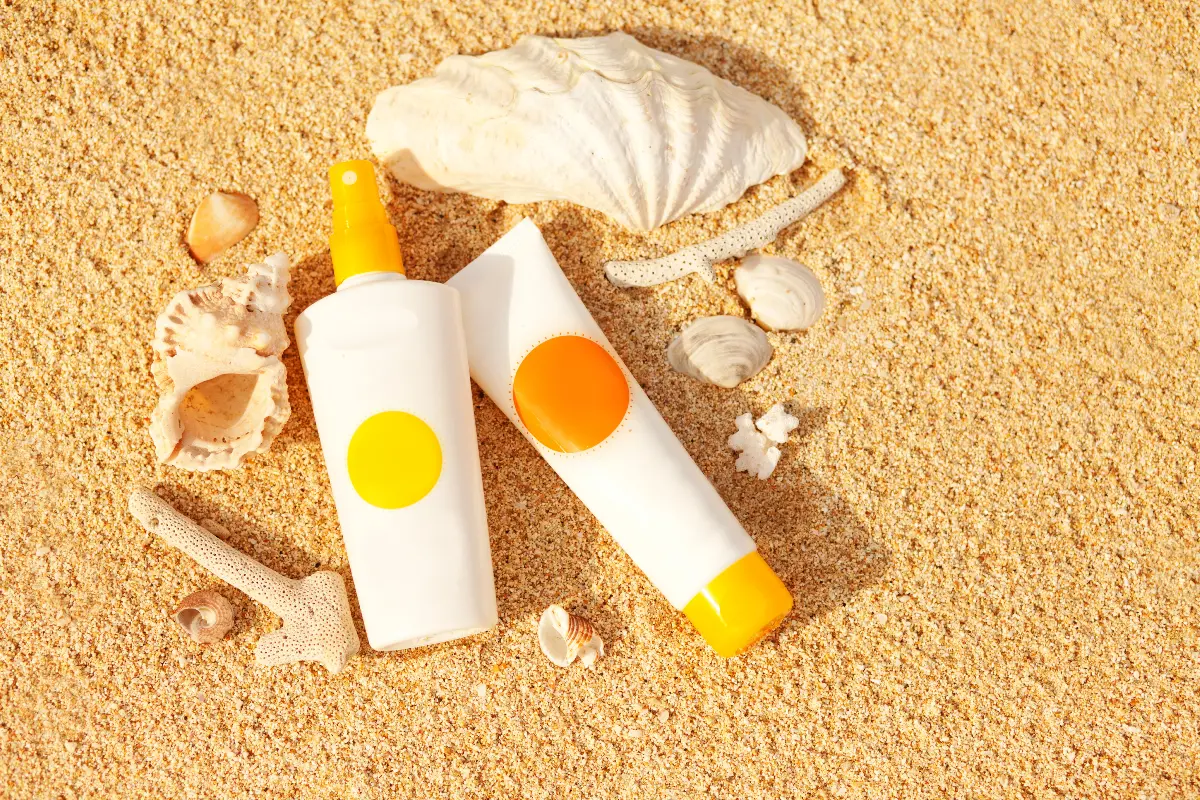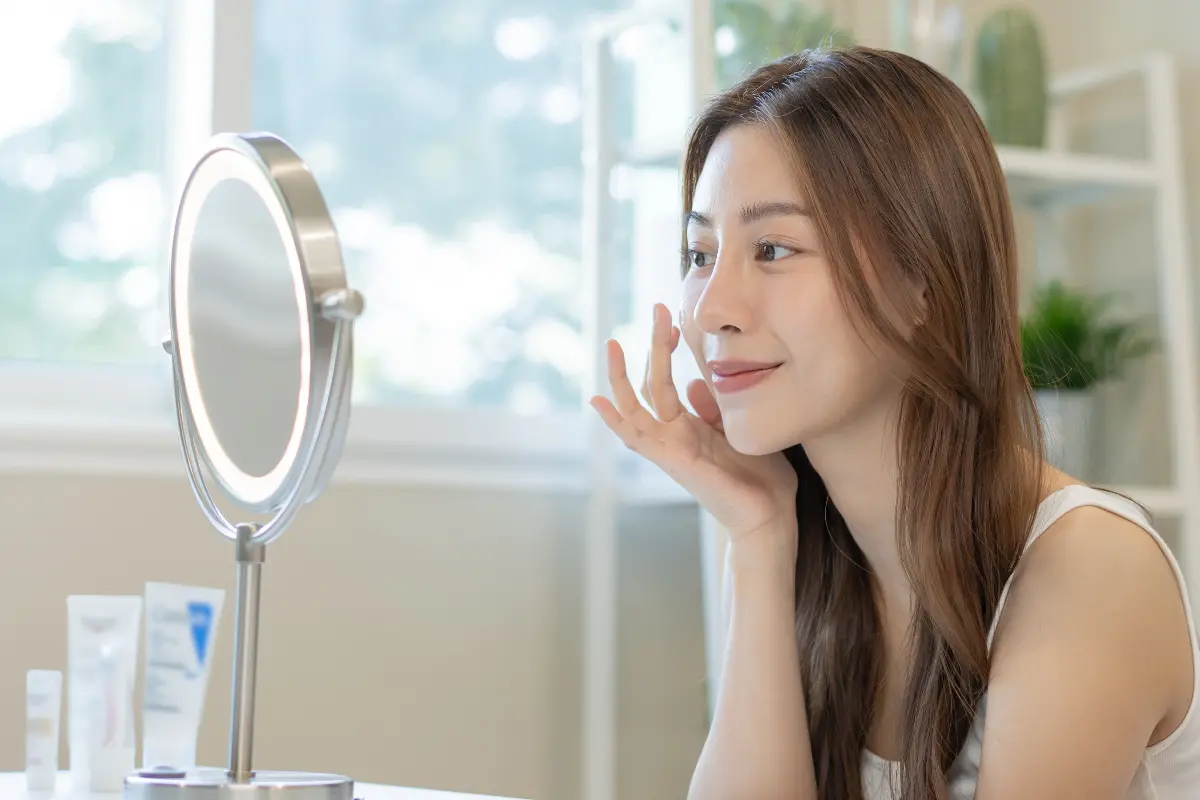Sunscreen is not just an accessory to your beach trips; it’s a crucial layer of protection for your skin against the harsh and potentially harmful rays of the sun. With Singapore's tropical climate making sunscreen a daily essential, understanding the best formula for your skin becomes paramount to both your beauty routine and your health.

To start, let’s understand what sunscreen does. There are two types of UV rays that can harm your skin—UVA and UVB. UVA rays can prematurely age your skin, causing wrinkles and age spots, and can pass through window glass. UVB rays are the primary cause of sunburn and are blocked by window glass. A broad-spectrum sunscreen offers protection against both UVA and UVB rays.
When choosing a sunscreen, consider the Sun Protection Factor (SPF), which measures the fraction of sunburn-producing UV rays that reach the skin. For example, if you use an SPF 30 product properly, it would take you 30 times longer to burn than if you weren't wearing sunscreen. However, SPF is not a measure of time. It varies depending on the intensity of sun exposure and your skin type. In Singapore's sunny weather, it's advisable to use sunscreen with at least SPF30 for everyday use and SPF50 for outdoor activities.
Now, let's dive into formulations. There are two main types: chemical and physical (also known as mineral). Chemical sunscreens contain organic compounds, like oxybenzone, octinoxate, octisalate, and avobenzone, that absorb UV radiation and convert it into heat, which is then released from the skin. Physical sunscreens contain active mineral ingredients, such as titanium dioxide or zinc oxide, which reflect and scatter UV radiation away from the skin.
If you have sensitive skin, mineral sunscreens might be the better choice, as they are less likely to cause skin irritation. They also start protecting immediately upon application. However, they can be thicker and may leave a white cast on the skin, although newer formulations have improved in terms of aesthetics.
Chemical sunscreens, conversely, tend to be lighter and more suitable for daily wear under makeup. They do require about 20 minutes to properly absorb into the skin to be effective, so plan your application accordingly. If you have darker skin, you may prefer chemical formulations to avoid the white cast.
Let's talk about reef safety. Ingredients in some chemical sunscreens, such as oxybenzone and octinoxate, have been found to harm coral reefs. While this might not seem like an immediate concern, if you're swimming in the ocean, it's something to consider for environmental impact. There are “reef-safe” sunscreens available that avoid these ingredients and are a conscientious choice if you're participating in water activities.
Another important factor is water resistance. No sunscreen is fully waterproof, but some are water-resistant for either 40 or 80 minutes. This is something to consider, especially with Singapore's high humidity and if you're someone who sweats or enjoys water sports. Remember to reapply sunscreen every two hours, or more frequently if swimming or sweating.

For those wearing makeup, you have options too. Many foundations and moisturisers now come with SPF protection. However, to achieve the full listed SPF, a generous amount must be applied, which is often more than what we would typically use for a layer of makeup. It's a good idea to use a separate sunscreen as a base to ensure adequate protection.
For the best application, use approximately a shot glass-full amount for your whole body and a nickel-sized dollop for your face. Apply sunscreen at least 15 to 30 minutes before heading outdoors to allow it time to bind to your skin. Don't forget to cover often-missed spots like the tops of your feet, your neck, your ears, and the back of your legs.
Another consideration for sunscreen is your daily routine. If you work indoors and sit away from windows, you may not need sunscreen as often. However, if you’re walking in and out of buildings or sitting near windows, it's best to incorporate sunscreen into your daily skincare routine.
As for the expiry date of sunscreens, they typically remain effective for three years from the date of manufacture. However, always check the expiry date on the bottle, as environmental factors such as heat can degrade the active ingredients over time. Always replace your sunscreen once it’s expired to ensure you are fully protected.
Finally, it’s important to note that sunscreen should be just one part of a comprehensive plan to protect your skin from the sun. This can include wearing protective clothing, seeking shade, and avoiding peak sun intensity hours.
Embracing the right sunscreen for your skin doesn't simply aid in fending off future skin concerns; it is a proactive step in maintaining the vibrant and healthy skin you deserve. Whether you prefer a physical or chemical formula, a cream or a spray, make sunscreen application a non-negotiable part of your daily routine; your skin will thank you for it.
